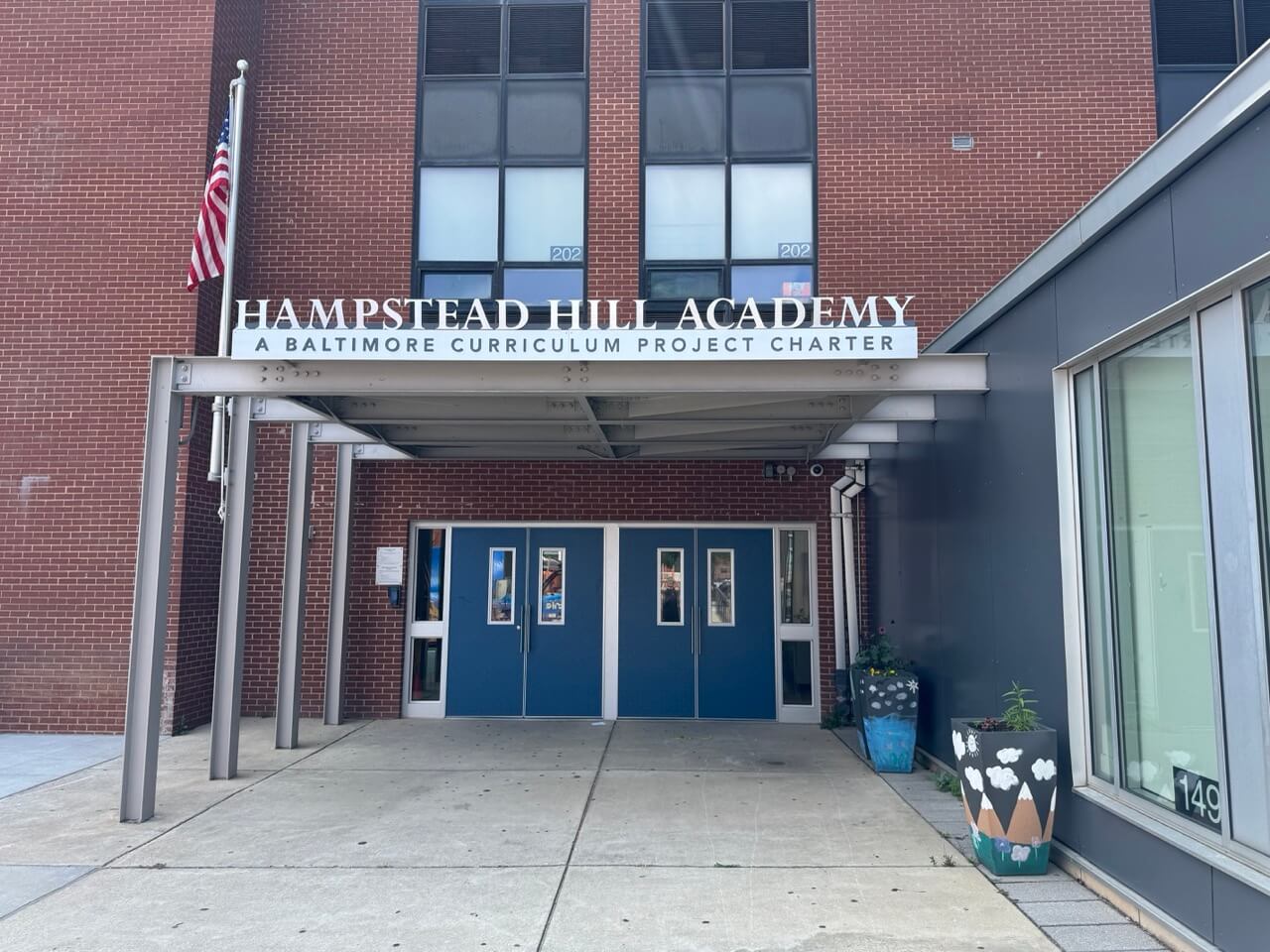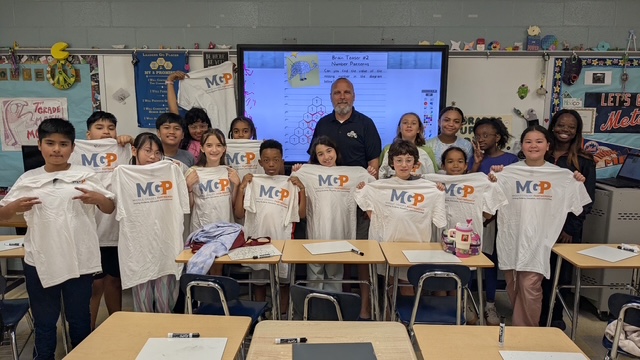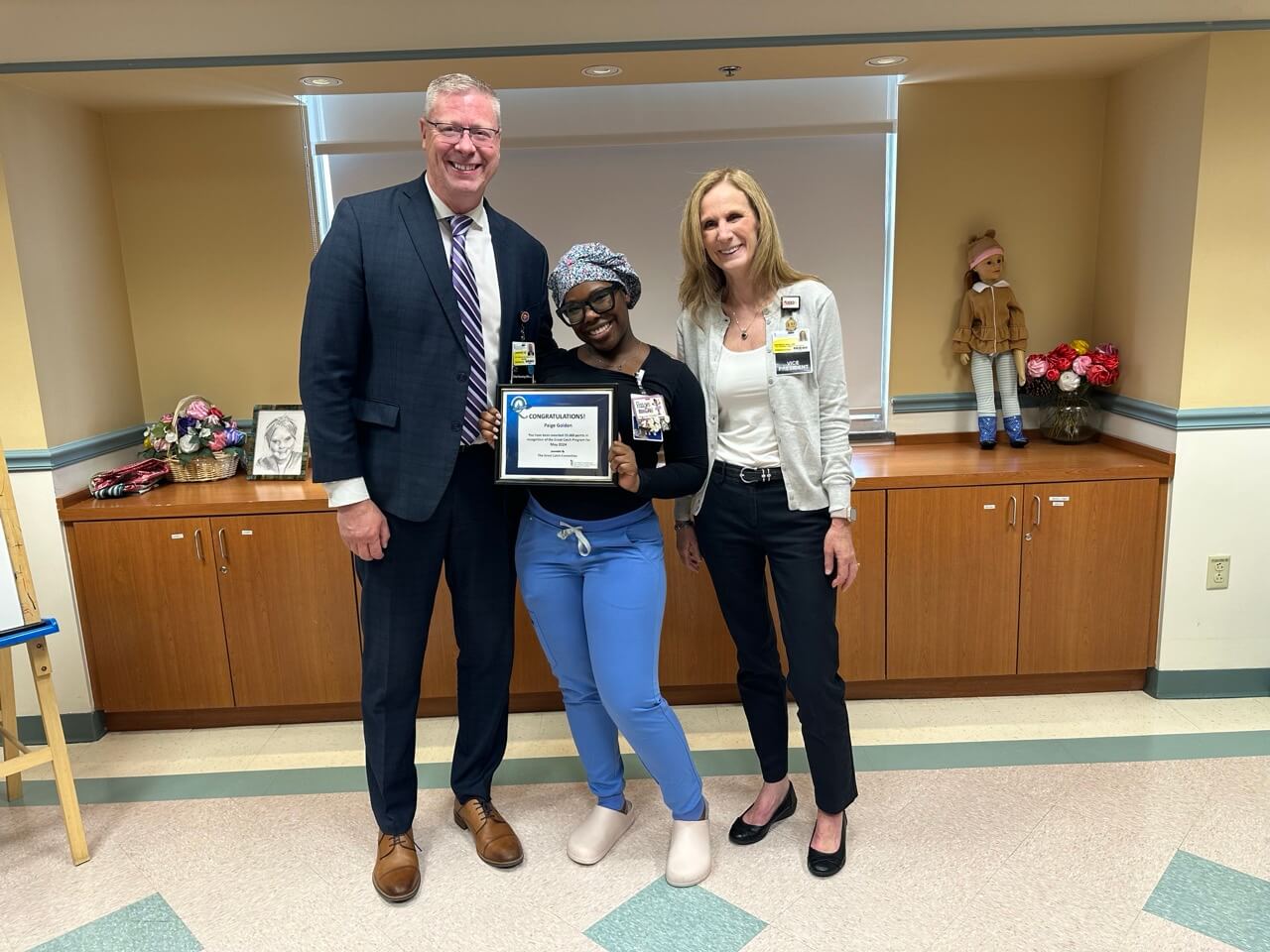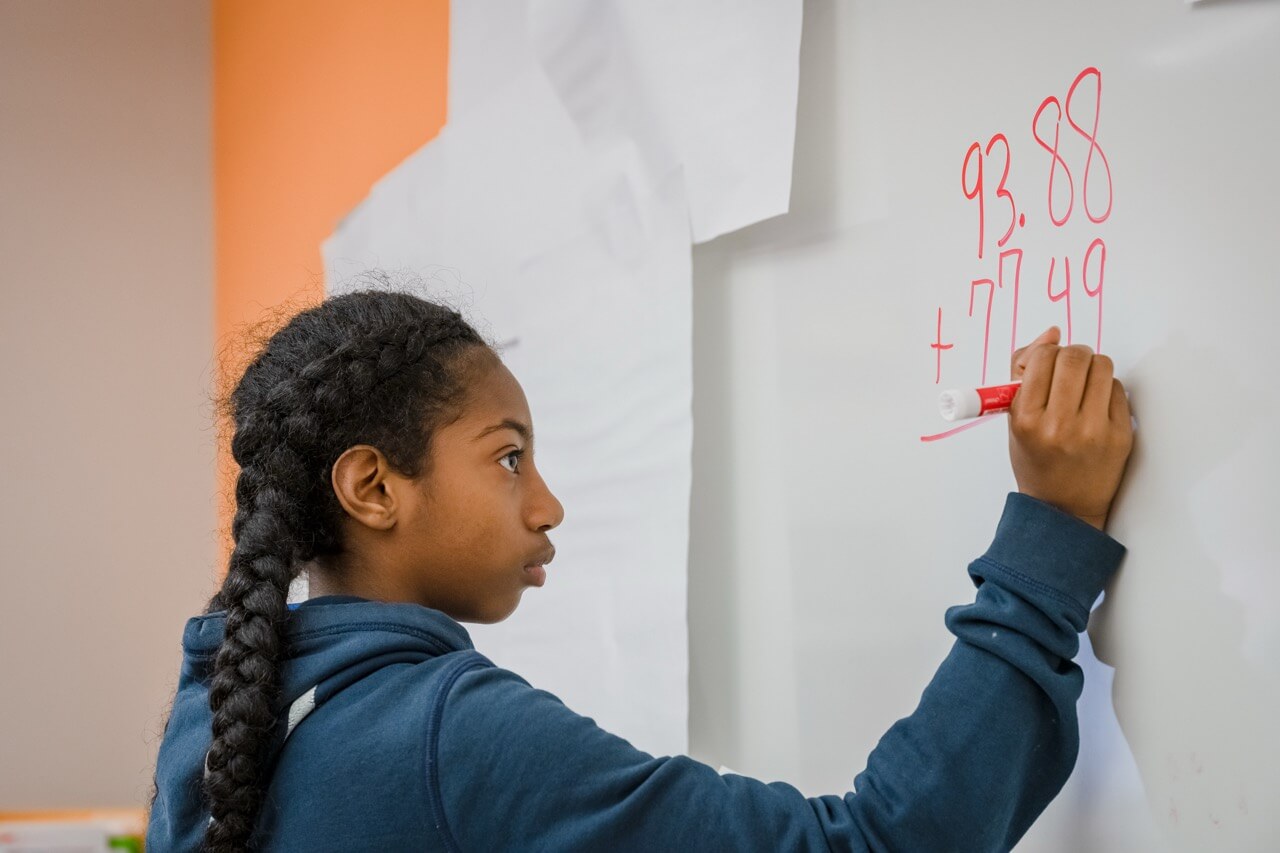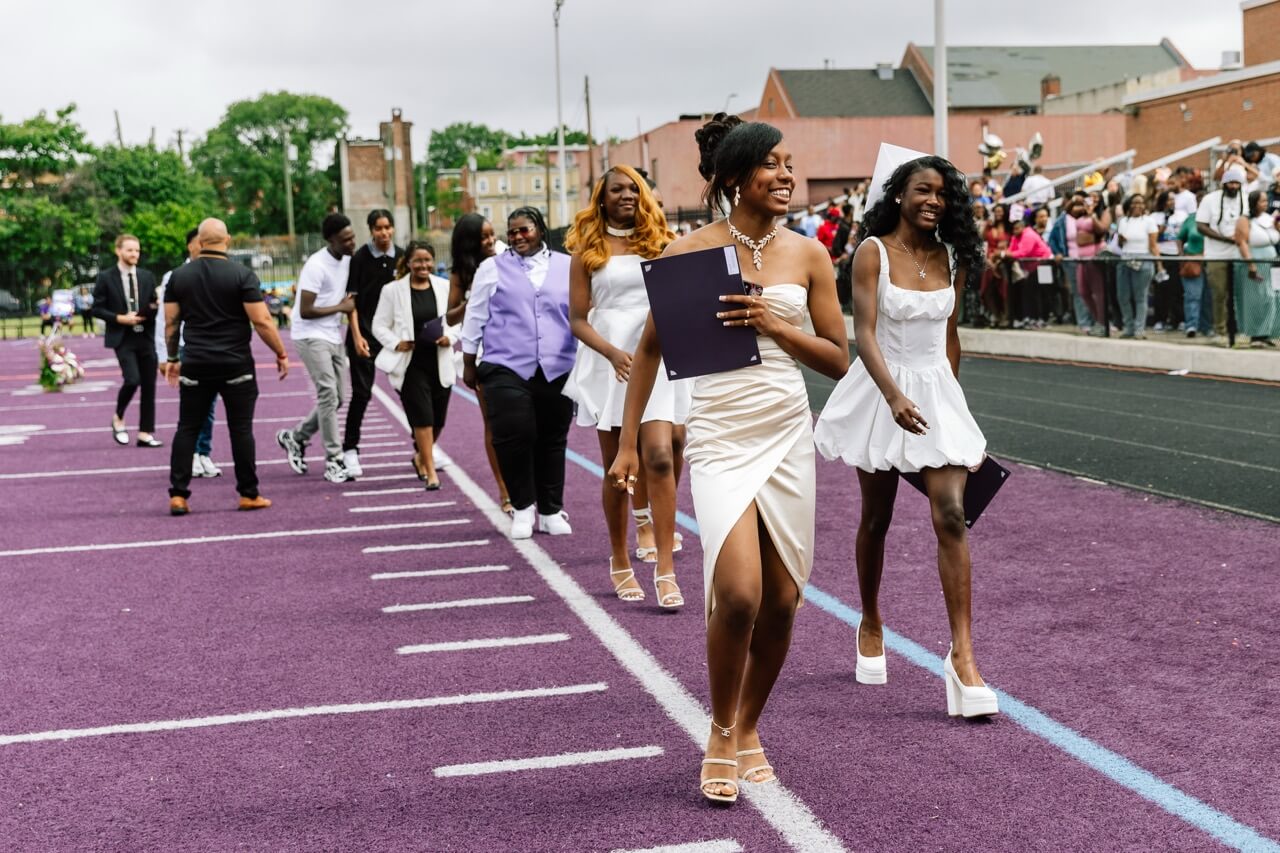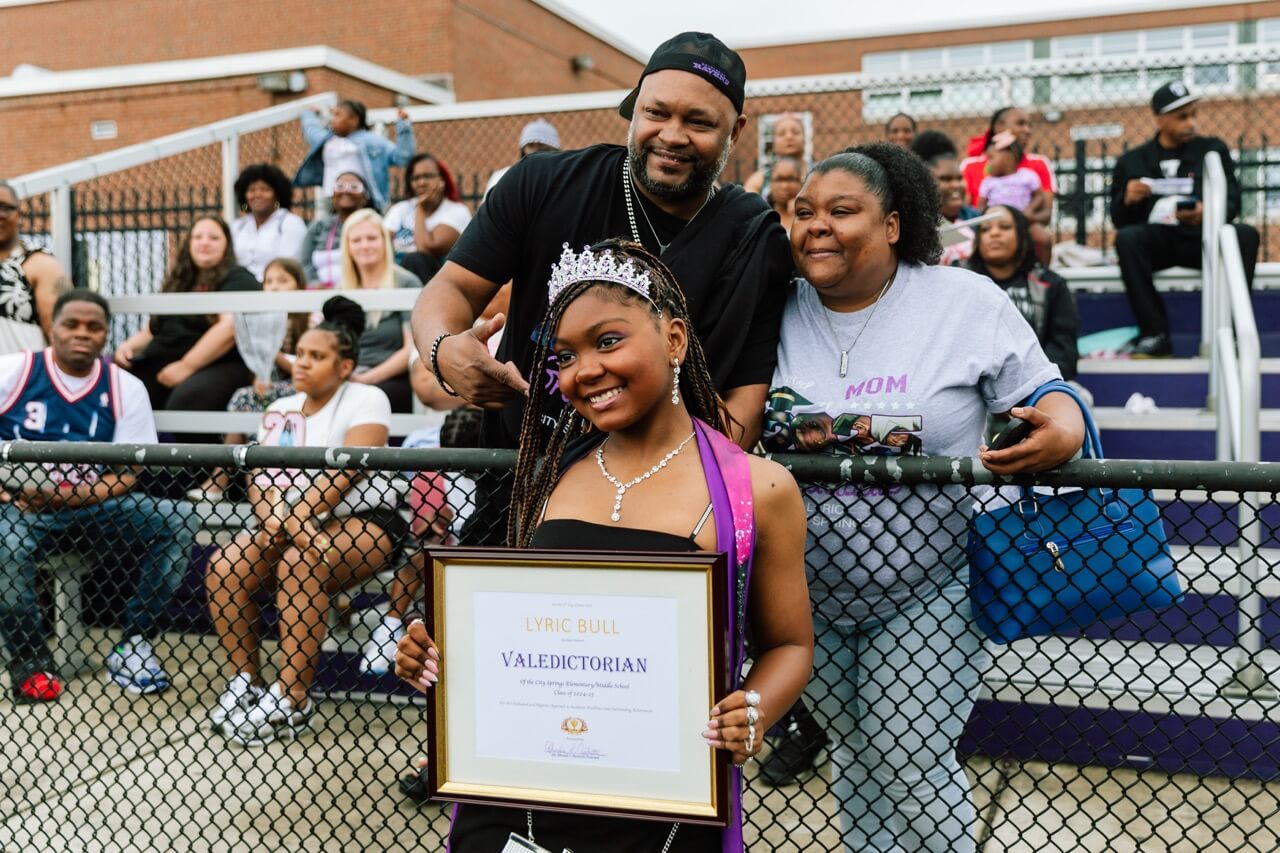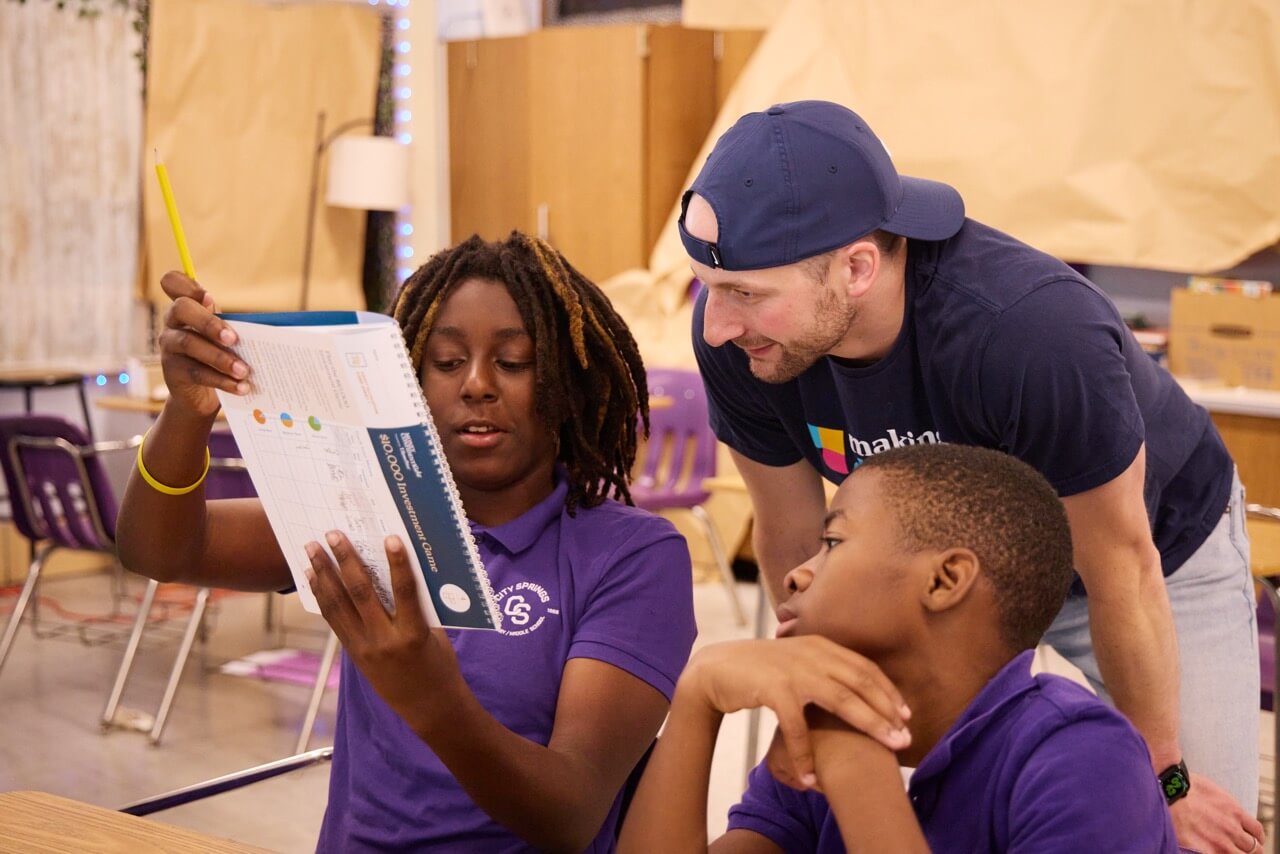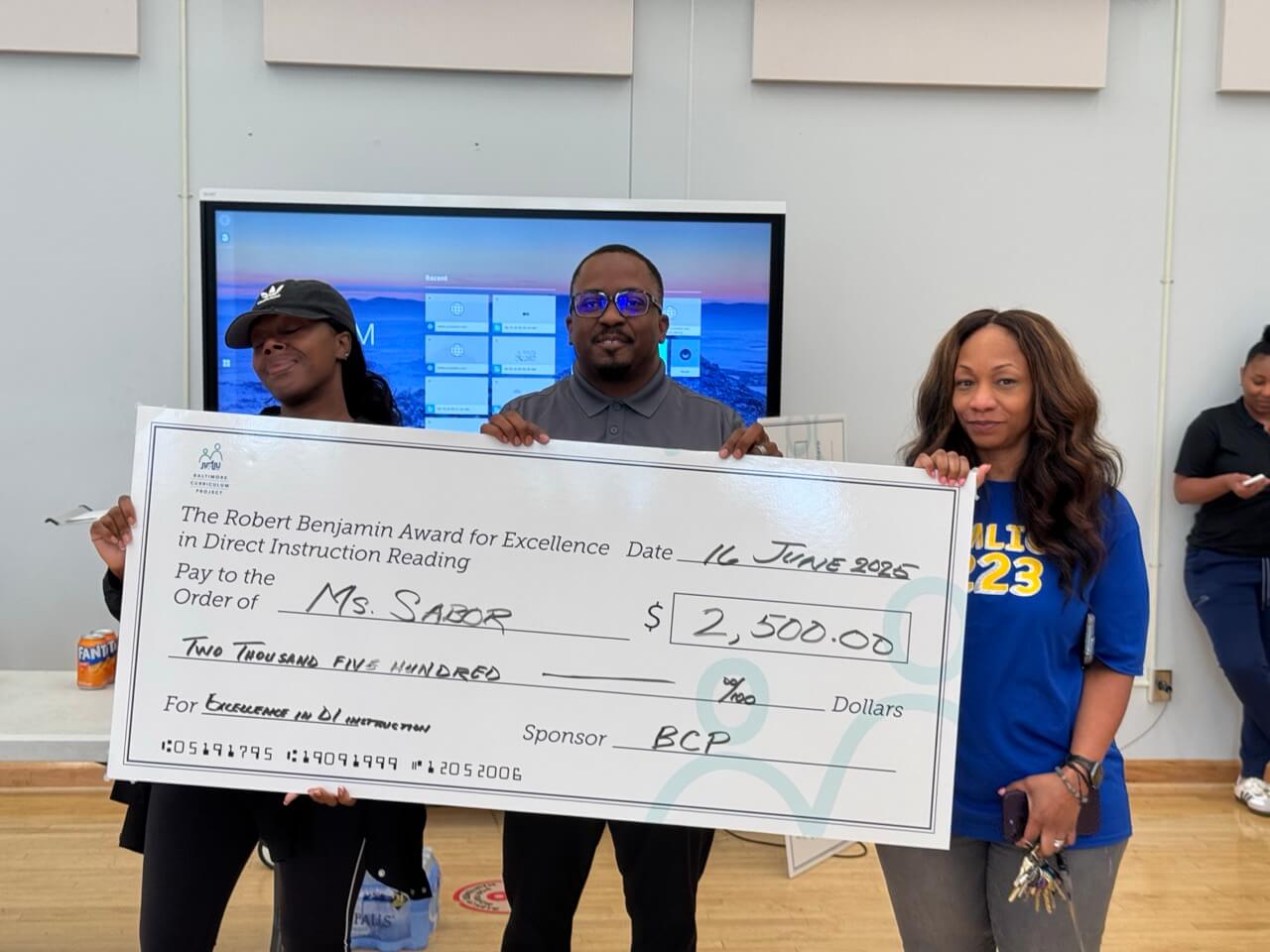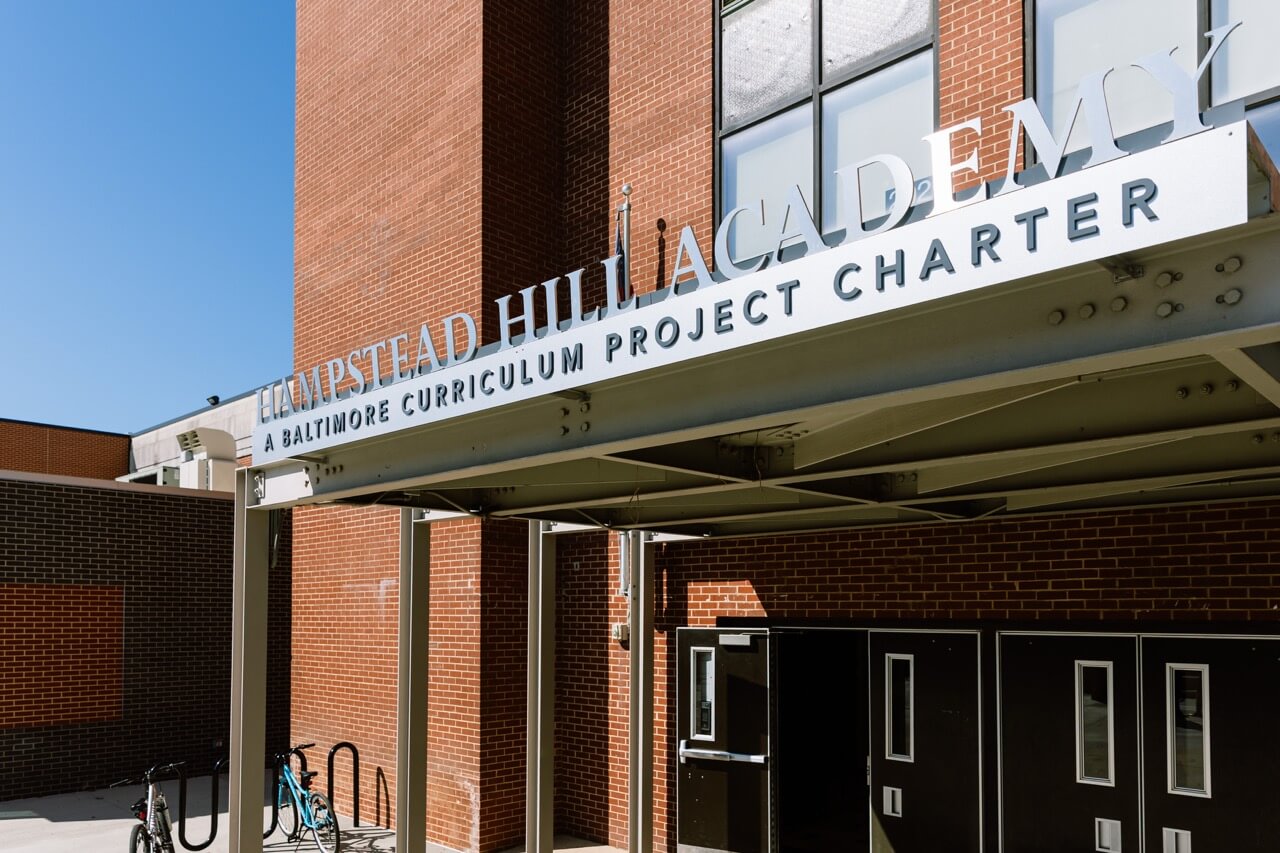Baltimore Curriculum Project: Equity Work at BCP Schools
By Jon McGill, Director of Academics, BCP
In June and July of 2020, BCP set up a working group to look at issues facing our schools in the wake of the pandemic, the shutdown, and the upheavals created by the murder of George Floyd in May of that year. We recommended several steps for our schools, including renewed attention to social and emotional issues that would emerge for students, families, and our staff due to the pandemic and the tensions that arose out of the Floyd murder. We encouraged our school leaders to continue to prioritize issues related to social justice, equity, and anti-racism steps fully endorsed by the Baltimore City School District and by our school Principals.
In the more than one year since our committee worked, national attention has focused on equity and diversity efforts around the nation, and some of that attention highlighted “Critical Race Theory”. While the academics who originated that “theory” might be pleased with such attention, in fact, their work was caricatured and misdefined to such an extent that states felt the need to ban Critical Race Theory from schools, even though there was little evidence that it was ever designed for or present in K-12 institutions. (For more on this, see Education Week, August 18, 2021 page 24, “When Myth Masquerades As History”). Critical Race Theory was mentioned on Fox News four times between 2012 and 2019: from June 2020 to May 2021, that number was 150 times. By July 2021, it was 250 times per week. The intention was to create an association with Critical Race Theory and “cultural constructions that were unpopular with Americans”.
Critical Race Theory is complex, more than forty-year-old and widely accepted in academic circles and is a “theory” that is not really a theory as much as it is a lens by which academic legal scholars looked at issues of race in law and public policy. The founders of this work included well-known and highly regarded scholars such as Derrick Bell, Kimberle Crenshaw, Alan Freeman, and Richard Delgado.
These scholars focused on the idea that the concept of “race” was not based on science or biology at all. Race as it has commonly been defined is a social construct, created at times for particular reasons. Secondly, Bell and others wanted to look at how the law and public policy seemed to both create and uphold racial distinctions and biased outcomes. In other words, racism was not just the outcome of individual “bad acts” or bias but more the result of systemic policies, laws, and practices over many decades.
Critical Race Theory is not alone in seeing things this way: many generations of historians, scholars, and politicians have pointed out similar systemic flaws. The Kerner Commission, published in 1969 and authorized by Lyndon Johnson was the first major federal report to document virtually the same kinds of things that later would be criticized by Bell and Crenshaw. In the book The Color of Law, Ricard Rothstein documents how federal and state housing policy since the 1940’s reinforced segregation and racial inequality. Even the post-World War II G.I. Bill was operated differently for black and white military veterans. Here in Baltimore, local authors such as Howard Baum, Lawrence Lanahan, and Antero Pietela have documented how housing policy in the city was based on segregation.
Now, however, Critical Race Theory is enmeshed in the “culture wars” that break out every now and then to serve political purposes. It has been accused of insisting that all whites are racist (not true), that that it is “indoctrinating” students in our elementary, middle, and high schools (no evidence at all for this), and that it has invented racism where none exists (also untrue). What has happened is that “critical race theory” has been attacked as part of an overall effort to “drive up negative perceptions” of anti-racism in general and efforts toward social justice in particular. It is an entirely manufactured controversy. Patricia Williams, a highly accomplished and well-regarded legal scholar, in a New Yorker article in the September 20th edition, suggested that the attack on critical race theory was “definitional theft” in the way that the work was characterized and caricatured. In other words, the political attack was designed to render all anti-racist activity as if it were some devious plot against American values.
Critical Race Theory is the result of decades of thinking about complicated issues. It has never been intended to be a curriculum for schools, nor is it designed to be an anti-racist strategy. The allegations of critical race theory being responsible for “intimidating staff”, “indoctrinating” students, and making people “aware of race” are untrue.
Our efforts to improve our schools about issues related to social justice and equity recognize reality and the nature of our communities. We struggle to make ourselves aware of the conditions in which our families live, work and thrive. We want our staff to be open-minded and educated about issues related to race and racism. None of that is a threat to education. It is, instead, the kind of practice we believe in and continues to promote for our schools.
We know that these are genuine issues of deep division and controversy. As educators, we want to promote accurate and truthful understandings of how best to promote equity and justice, and that includes educating ourselves about Critical Race Theory, what it is and what it is not.
City Springs Elementary/Middle: A Surprise Visit from the Mayor
You never know what may happen on a normal day at City Springs. On October 1st, as Coach Ferri was taking Mrs. Kinsey’s scholars out to the track, a black SUV pulled into City Springs parking, and who should emerge but our mayor, Mayor Brandon Scott! Coach Ferri invited Mayor Scott to join the students in a few relay races; which he happily obliged. Mayor Scott, a former track star himself, impressed the students with his speed; and outraced them all! In return for Mrs. Kinsey’s scholars being such great sports, Mayor Scott gave all the students tickets for Disney On Ice performing at Royal Farms Arena. What a great surprise! To see a video of Mayor Scott racing the City Spring’s students check out our facebook page.
Frederick Elementary: STEAM Night
Frederick Elementary School held its 2nd annual STEAM (Science, Technology, Engineering, Art, Math) Night on Monday, September 20th, from 5:00 – 7:00 pm. The STEAM Night was facilitated by the Ryan Institute who provided families with an interactive learning opportunity to support STEAM appreciation. The presentation included an overview of the Scientific Method and a sample experiment to prepare students for the October STEAM Makers Fair. To learn more about this event click here.
Govans Elementary: Pumpkin Science
Govan’s second-grade students are enjoying the change of seasons as they use pumpkins and other fall treats to explore, investigate, and discover. Students are learning all about pumpkins as they taste roasted pumpkin seeds, graph results, and examine the parts of a pumpkin. Did you know the pumpkin guts, that stringy stuff inside, is really called the pulp or fibrous strands? Students are also sorting and classifying by appearance and using candy corn to practice math skills such as addition and subtraction.
Hampstead Hill Academy: HHA Alumni Reunion
The annual HHA Alumni Reunion event is an opportunity for current and former students to visit with each other and see their teachers as well as share what they like and what they find challenging in high school. Alumn are asked to complete a survey that helps HHA shape its future programming in order to better prepare students for the future. It was great seeing them all and hearing about all the wonderful things our HHA alumni are doing. We are very proud of all of our Alumni and wish them the best of luck in their future endeavors.
Pimlico Elementary/Middle: Students Explore Healthcare Careers
Sixth and seventh graders at Pimlico Elementary/Middle School are getting a glimpse at how doctors, nurses, radiology technicians, and other clinicians at Sinai Hospital work in their healthcare careers. The students are taking part in a program called the Pimlico Middle Grades Health Sciences Program. The program and the curriculum are administered in partnership with Baltimore City Public Schools, LifeBridge Health, and Sinai Hospital.
More than 50 students are currently enrolled in the three-year program, which launched virtually last year due to COVID-19. Now back in person with both a sixth and seventh-grade class, the students take advanced science classes and learn how to use evidence-based reasoning and scientific writing skills, as well as diagnosing mock patients. The partners officially welcomed the sixth-grade students in a pinning ceremony on October 6. Along with pins, the elementary and middle school students received lab coats and welcome kits during the ceremony. For the press release click here.
Wolfe Street Academy: Celebrating LatinX Heritage Month!
Each year, Americans observe National Hispanic Heritage Month from September 15 to October 15, by celebrating the histories, cultures, and contributions of American citizens whose ancestors came from Spain, Mexico, the Caribbean, and Central and South America. Students and staff at Wolfe Street Academy celebrated Latin heritage and accomplishments throughout the month.
Sports have bound nations and cultures together for centuries. Our neighbors to the south in Latin America enjoy soccer or as it is lovingly known in Spanish, fútbol. Wolfe Street Academy is happy to once again partner with Patterson Park and Volo Kids Foundation to offer students the opportunity to participate in the Fall Soccer league. The soccer league is composed of WSA, Hampstead Hill, William Paca, and Commodore John Rogers.

